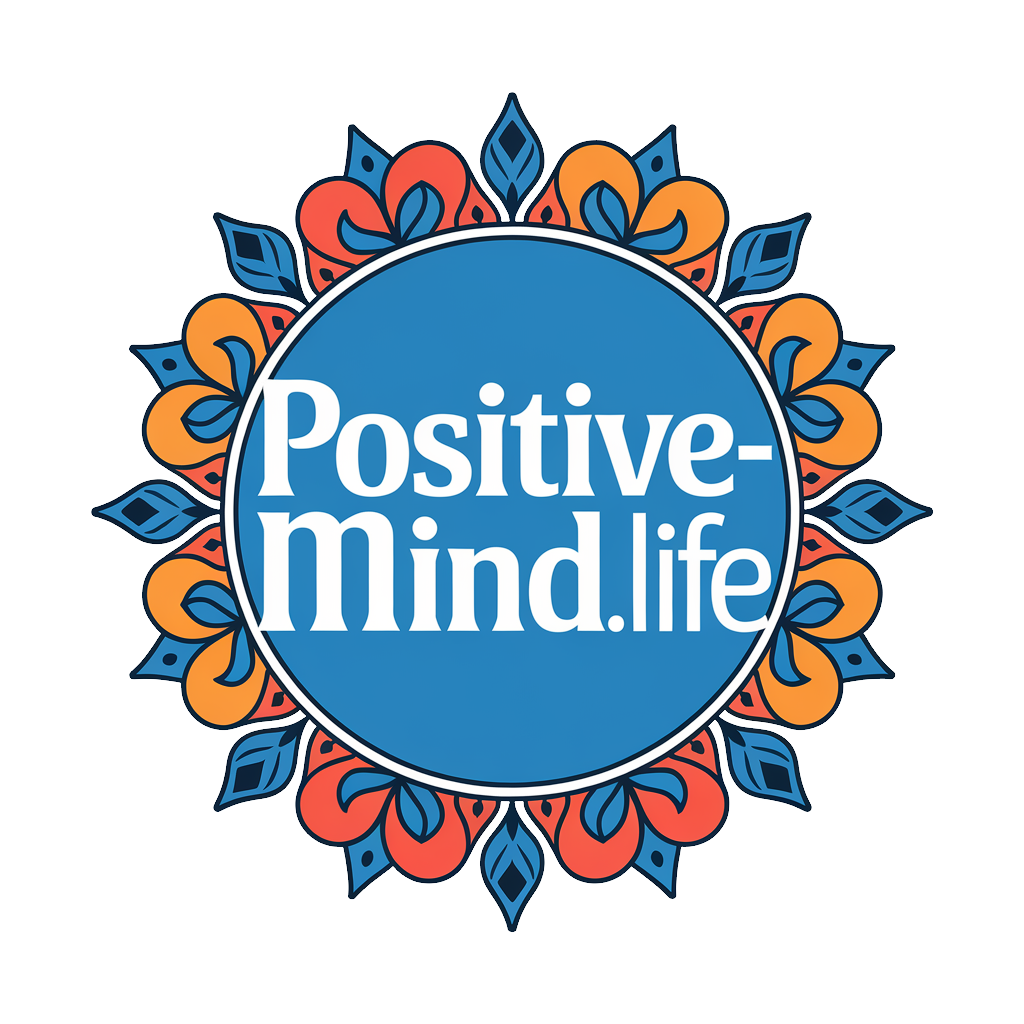3 Easy Steps to Overcome Fear and Anxiety Fast!
To overcome fear and anxiety fast, start by acknowledging your feelings. Understand that it’s okay to feel this way and consider journaling or sharing with someone you trust. Next, practice deep breathing; inhale deeply through your nose, expanding your abdomen, then slowly exhale through your mouth to release tension. Finally, engage in mindfulness by being present and observing your thoughts without judgment. This can include mindfulness meditation or simply taking a moment to appreciate your surroundings. These steps can empower you to regain control, and there’s even more support waiting for you if you want to explore further.
Key Takeaways
- Practice deep breathing by inhaling through your nose and exhaling slowly through your mouth to reduce immediate anxiety.
- Engage in mindfulness meditation to observe your thoughts without judgment, anchoring your focus in the present moment.
- Acknowledge and validate your feelings to promote acceptance and reduce the intensity of fear and anxiety.
- Identify your personal triggers and create a list of effective coping strategies tailored to your needs.
- Seek professional help if anxiety persists, exploring therapy options or support groups for guidance and community connection.
Acknowledge Your Feelings
Everyone experiences fear and anxiety at some point, and acknowledging these feelings is the first step toward overcoming them. You might feel tempted to push these emotions aside, but recognizing them is crucial for your growth. Start with self-reflection techniques, like journaling or meditation, to explore what triggers your anxiety. Writing down your thoughts can help you see patterns and understand your emotional landscape better.
Use emotional validation methods to affirm that your feelings are real and deserve attention. Remind yourself that it’s okay to feel uneasy; emotions are part of being human. You might also find it helpful to talk to someone you trust, as sharing your experiences can provide a sense of relief and connection.
As you practice acknowledging your feelings, aim for a non-judgmental stance. Instead of criticizing yourself for feeling anxious, try to embrace those feelings with compassion. This shift in perspective can empower you to address the root causes of your fear. Ultimately, by recognizing and validating your emotions, you’ll take the first significant step toward mastering your anxiety. Remember, you’re not alone on this journey.
Practice Deep Breathing
Deep breathing is a simple yet powerful tool that can significantly reduce feelings of anxiety and fear. By incorporating effective breathing techniques into your daily routine, you can cultivate a sense of calmness that empowers you to face challenges head-on. Start by finding a comfortable position, either sitting or lying down. Close your eyes if it helps you focus.
Inhale deeply through your nose, allowing your abdomen to expand fully. Hold that breath for a moment and feel the air fill your lungs. Then, exhale slowly through your mouth, letting go of any tension. Repeat this process for several minutes, concentrating on the rhythm of your breath. This practice is an essential relaxation method that can ground you during overwhelming moments.
As you become more familiar with these breathing techniques, you’ll notice a shift in how you respond to anxiety. Not only does deep breathing help to calm your nervous system, but it also provides a mental anchor, allowing you to regain control. Embrace this practice as a vital tool in your journey towards mastering your emotions and overcoming fear. Remember, every breath counts in your path to tranquility.
Engage in Mindfulness
How often do you find yourself lost in thoughts about the past or future, while the present slips away? Engaging in mindfulness can help you anchor yourself in the present moment, reducing fear and anxiety. Mindfulness meditation allows you to observe your thoughts without judgment, creating space for clarity and calm.
Here’s a simple framework to incorporate mindfulness into your daily routine:
| Activity | Purpose |
|---|---|
| Mindfulness Meditation | Cultivates awareness of the present |
| Deep Breathing | Centers your mind and body |
| Gratitude Journaling | Shifts focus to positive experiences |
Start with just a few minutes of mindfulness meditation each day. Find a quiet spot, close your eyes, and focus on your breath. When thoughts arise, acknowledge them, then gently bring your focus back to your breath. This practice not only eases anxiety but also enhances your overall well-being.
Frequently Asked Questions
What Are the Physical Symptoms of Anxiety?
When you experience anxiety, you might notice physical symptoms like rapid heartbeat, sweating, or trembling. Identifying your anxiety triggers helps you develop coping mechanisms, allowing you to manage these symptoms more effectively and gain control.
Can Diet Affect My Anxiety Levels?
Did you know that nearly 30% of adults experience anxiety disorders? Your food choices significantly impact your nutrition, affecting anxiety levels. Incorporating nutrient-rich foods can help stabilize mood and enhance your overall wellbeing.
Are There Specific Exercises to Reduce Anxiety?
Absolutely, you can try mindfulness meditation and deep breathing exercises. These techniques help ground you, allowing you to manage anxiety effectively. Incorporating them into your routine can significantly enhance your emotional resilience and overall well-being.
How Can I Support Someone With Anxiety?
To support someone with anxiety, practice active listening and validate their feelings. Encourage calming techniques like deep breathing or guided imagery. Your understanding and patience can create a safe space, fostering their journey toward relief and resilience.
When Should I Seek Professional Help for Anxiety?
When anxiety triggers feel like storm clouds looming overhead, and self-help strategies don’t bring relief, it’s time to seek professional help. You deserve support to navigate through those turbulent feelings and regain your peace.





